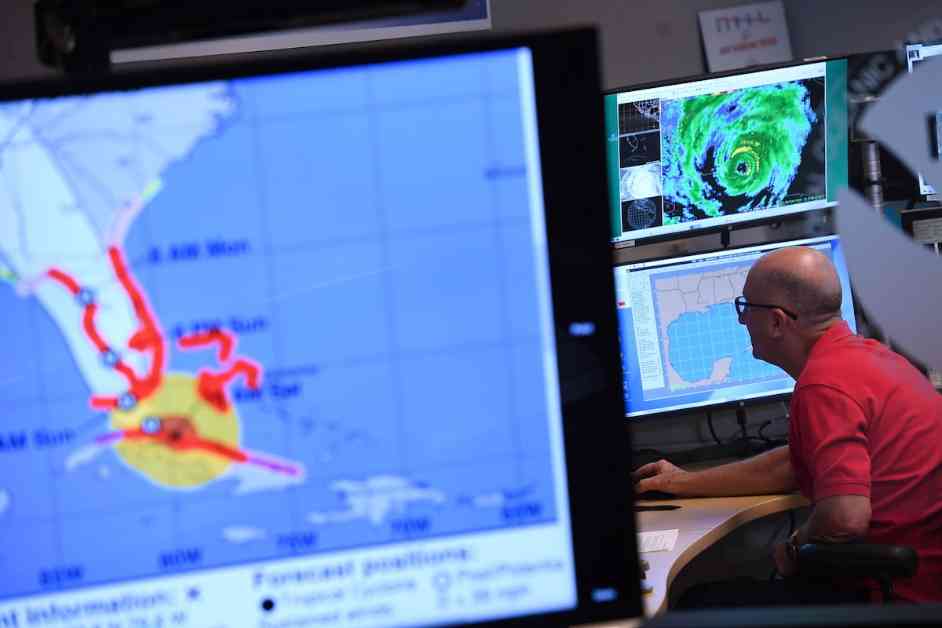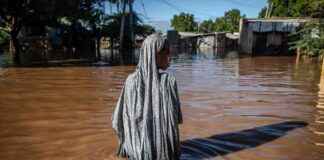The National Oceanic and Atmospheric Administration (NOAA) has recently implemented new restrictions on its scientists, causing concern among current and former high-level employees about the potential impact on global weather forecasting. These restrictions, which were communicated in a staff-wide message, include increased oversight over emails and virtual meetings with foreign nationals, as well as a requirement for employees to document all international engagements for approval.
The new rules have sparked unease within the agency, with some employees expressing alarm at the potential implications for climate research. One senior NOAA scientist, who chose to remain anonymous, expressed a fear that the restrictions would result in a crackdown on climate-related work. The added administrative burden of documenting international engagements has also raised concerns among employees, particularly at the National Weather Service (NWS), which provides critical weather forecasting services to the public.
The NWS has been shown to provide significant benefits to the American people, with every dollar invested resulting in $73 in benefits. However, the new restrictions on international engagement could hinder the agency’s ability to deliver accurate and timely forecasts. Employees have raised questions about how these restrictions will impact collaboration with international partners and the sharing of critical weather data.
One climate scientist with the European Union’s Copernicus Climate Change Service expressed sadness and dismay at the news, highlighting the importance of international scientific collaboration in addressing the climate crisis. The potential for staffing and budget cuts within NOAA has further fueled concerns about the agency’s ability to fulfill its vital mission of providing accurate weather forecasts and protecting lives and property.
Members of Congress have received complaints about the Department of Government Efficiency (DOGE), led by Elon Musk, entering NOAA offices and conducting reviews that some employees have described as intrusive. The possibility of privatizing the NWS has also raised alarms among policy experts, who argue that cutting weather and climate services would be a reckless decision with far-reaching consequences.
Despite the challenges posed by the new restrictions and potential budget cuts, experts emphasize the critical role that NOAA and the NWS play in safeguarding public safety and supporting the economy. Accurate forecasts are essential for protecting lives and reducing disaster-related damages, making it imperative that these services remain fully operational. The ongoing uncertainty surrounding NOAA’s future has underscored the need for continued public support and investment in weather and climate services.
As NOAA grapples with internal changes and external pressures, the future of global weather forecasting hangs in the balance. The decisions made in the coming months will have far-reaching implications for the agency’s ability to fulfill its mission and provide essential services to the public. It is essential that policymakers and stakeholders work together to ensure that NOAA can continue to deliver accurate and timely weather forecasts for the benefit of all.














